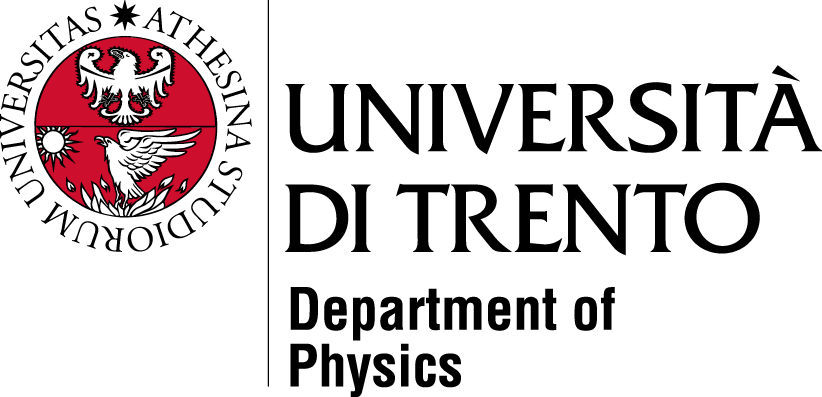A Quantum of Matter
Carbon model electrodes and nanomaterials for improved kinetics in energy storage technologies
Maida Costa de Oliveira
Dipartimento di Fisica, Università di Trento
Mercoledì 12 Novembre 2025, ore 14:00
Aula A206 – Polo Ferrari (Povo 1), Povo
Expanding the integration of renewable energy sources requires the development of low-cost materials and efficient technologies for energy conversion and storage. Among the various storage technologies, redox flow batteries (RFBs) hold promises as effective electrochemical systems for coupling with renewables due to their scalability, design flexibility, long-term stability, and cost-effectiveness. Conventional carbon electrodes are often employed in these devices because of their low cost, electrical conductivity, and large surface area; however, sluggish redox kinetics at their surfaces often lead to performance limitations and energy efficiency losses. Therefore, designing carbon electrodes with intrinsic surface chemical and electrochemical properties is essential to improve the efficiency of energy conversion and storage in such devices. This seminar will present recent advances in the development of carbon-based electrodes and correlative characterization approaches aimed at elucidating how surface chemistry and morphology influence the electrochemical performance of vanadium redox systems. Particular focus will be given to the design and characterization of carbon model electrodes and graphene nanostructures, and their effects on the electrochemical kinetics of vanadium redox couples. The findings reveal that specific surface chemical functionalities, particularly nitrogen functionalities, can be tailored to modulate electrochemical behavior and impact the rate-determining steps of the vanadyl/pervanadyl redox couple [1]. In addition, nanoelectrochemical investigations via scanning electrochemical cell microscopy (SECCM) provide insights into how single-entity electrochemistry governs vanadyl oxidation kinetics [2]. Finally, the broader implications for the rational design of carbon-based materials for redox flow battery technologies will be discussed [3].
[1] M.A. Costa de Oliveira et al. Electrochimica Acta, 475 (2024) 143640.
[2] M.A. Costa de Oliveira et al. Small, 21 (2025) 2405220.
[3] M.A. Costa de Oliveira et al. Carbon 245 (2025) 120853.
Who is Maida Costa de Oliveira ?
Dr. Maida Costa de Oliveira holds a Ph.D. in Materials for environment and energy from the University of Rome Tor Vergata, Italy and a degree in Chemistry from the Federal Institute of Education, Science and Technology, Brazil. Since 2021, she has been
affiliated with Trinity College Dublin, Ireland, and is currently a Visiting Researcher in the Department of Physics at the University of Trento. Her research focuses on the development and correlative surface chemistry-electrochemistry characterization of functionalised electrodes, particularly carbon-based nano/materials and transition metals for energy conversion and storage technologies.

